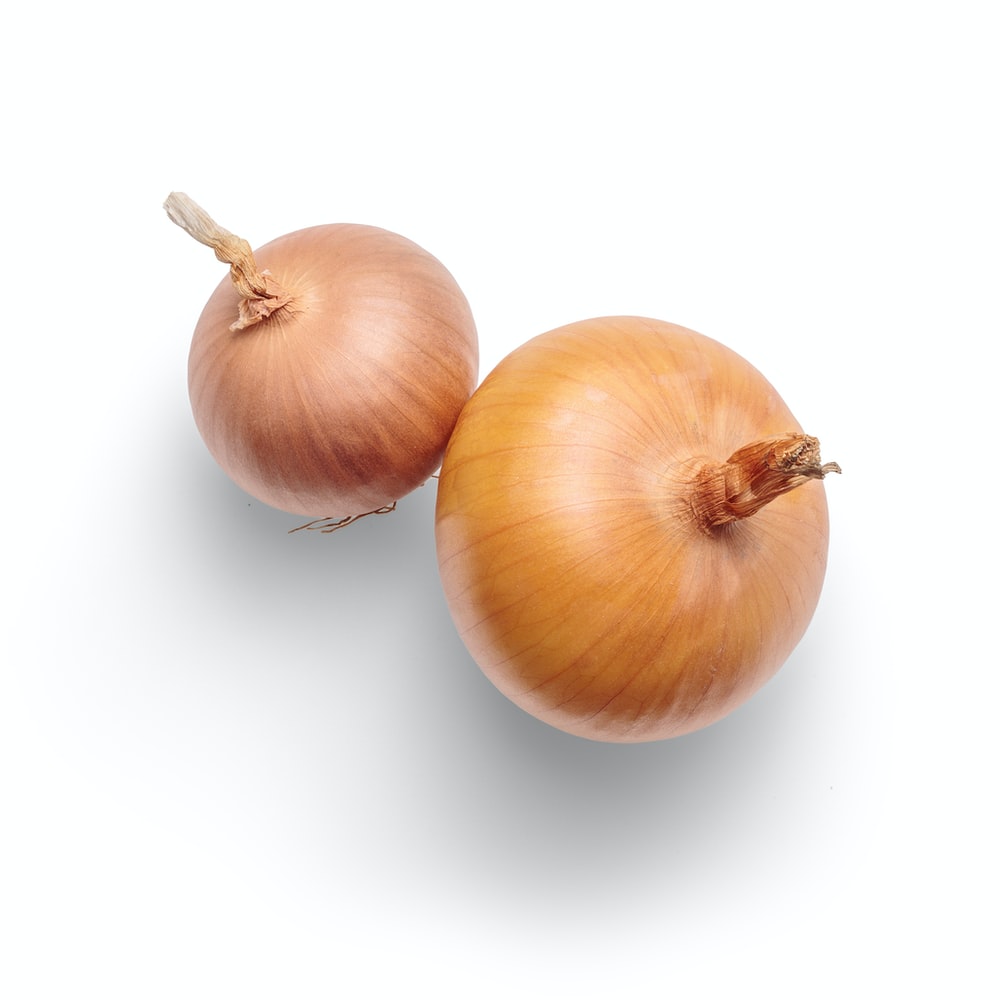
Description
The onion (Allium cepa ), also known as the bulb onion or common onion, is a vegetable that is the most widely cultivated species of the genus Allium. Its close relatives include the garlic, scallion, shallot, leek, chive and Chinese onion. These vegetables contain various vitamins, minerals and potent plant compounds that have been shown to promote health in many ways. One medium onion has just 44 calories but delivers a considerable dose of vitamins, minerals and fiber. This vegetable is particularly high in vitamin C, a nutrient involved in regulating immune health, collagen production, tissue repair and iron absorption. Onions contain antioxidants and compounds that fight inflammation, decrease triglycerides and reduce cholesterol levels all of which may lower heart disease risk. Antioxidants are compounds that inhibit oxidation, a process that leads to cellular damage and contributes to diseases like cancer, diabetes and heart disease. Eating vegetables of the Allium genus like garlic and onions has been linked to a lower risk of certain cancers, including stomach and colorectal. Specific compounds found in onions, such as quercetin and sulfur compounds, possess antidiabetic effects. It’s believed that onions help reduce oxidative stress, boost antioxidant levels and decrease bone loss, which may prevent osteoporosis and boost bone density. Onions are a rich source of fiber and prebiotics, which are necessary for optimal gut health.
Nutrients
Carbohydrates of 9.34 g
Sugars of 4.24 g
Dietary fibre of 1.7 g
Fat of 0.1 g
Protein of 1.1 g